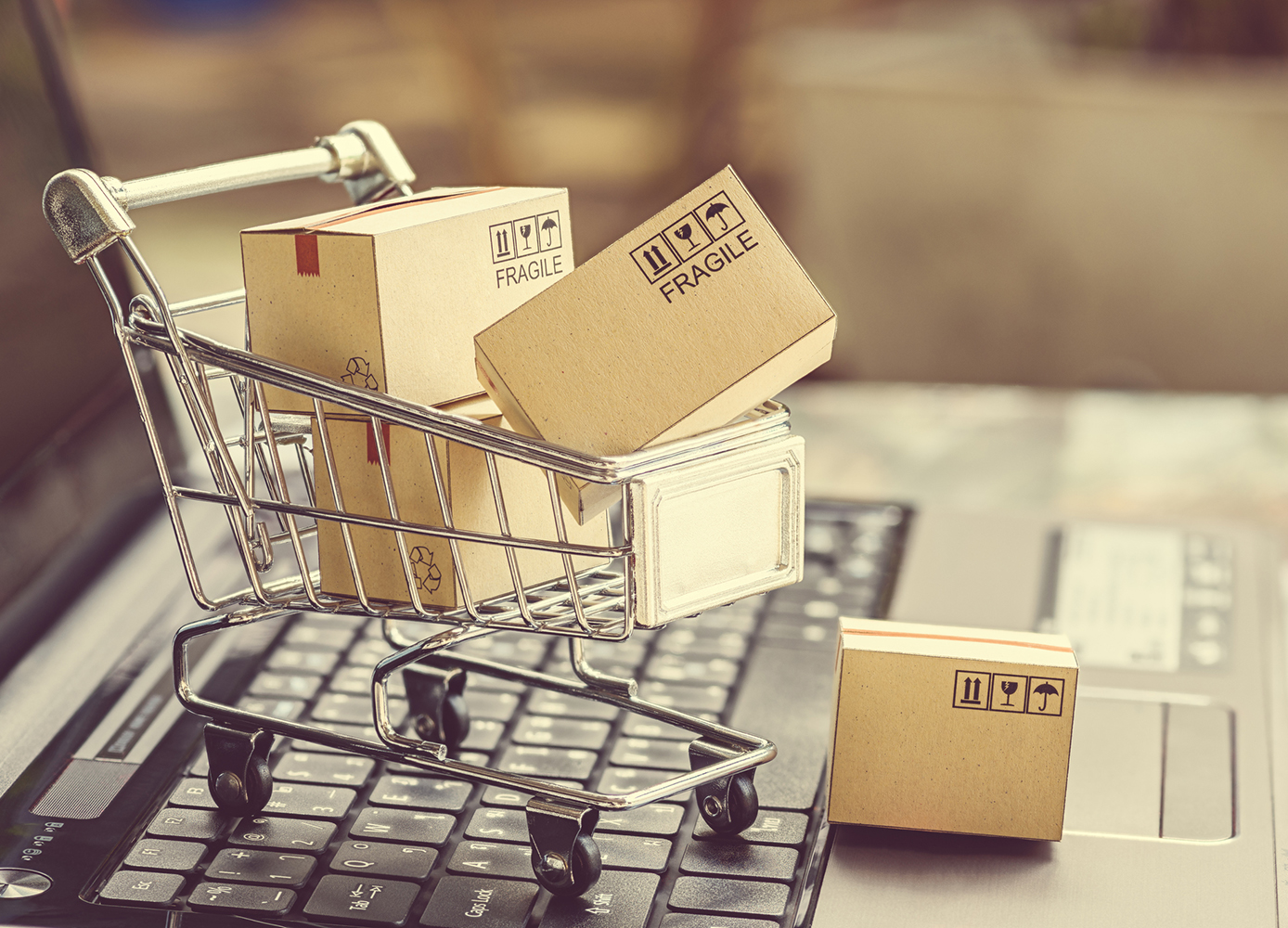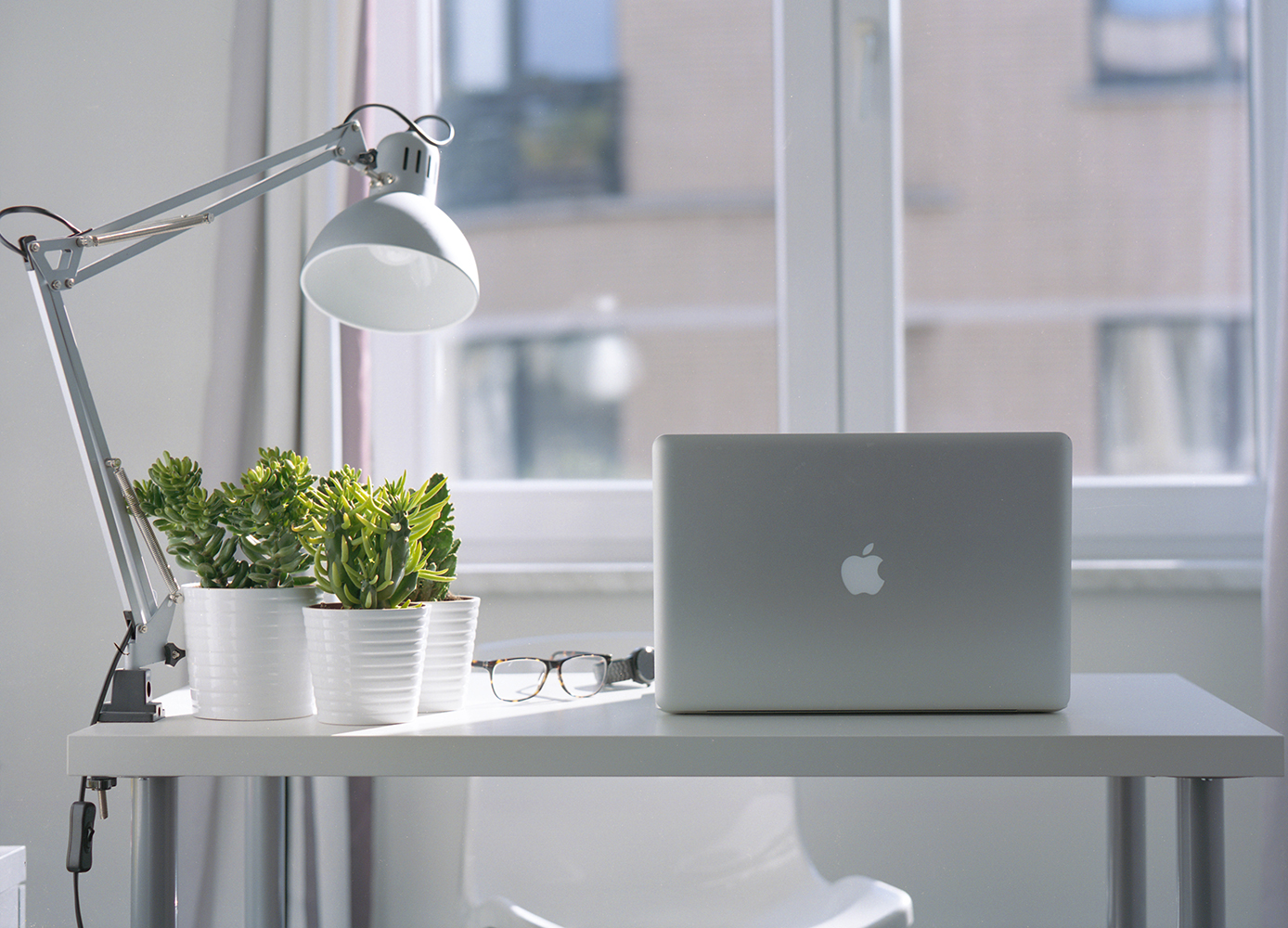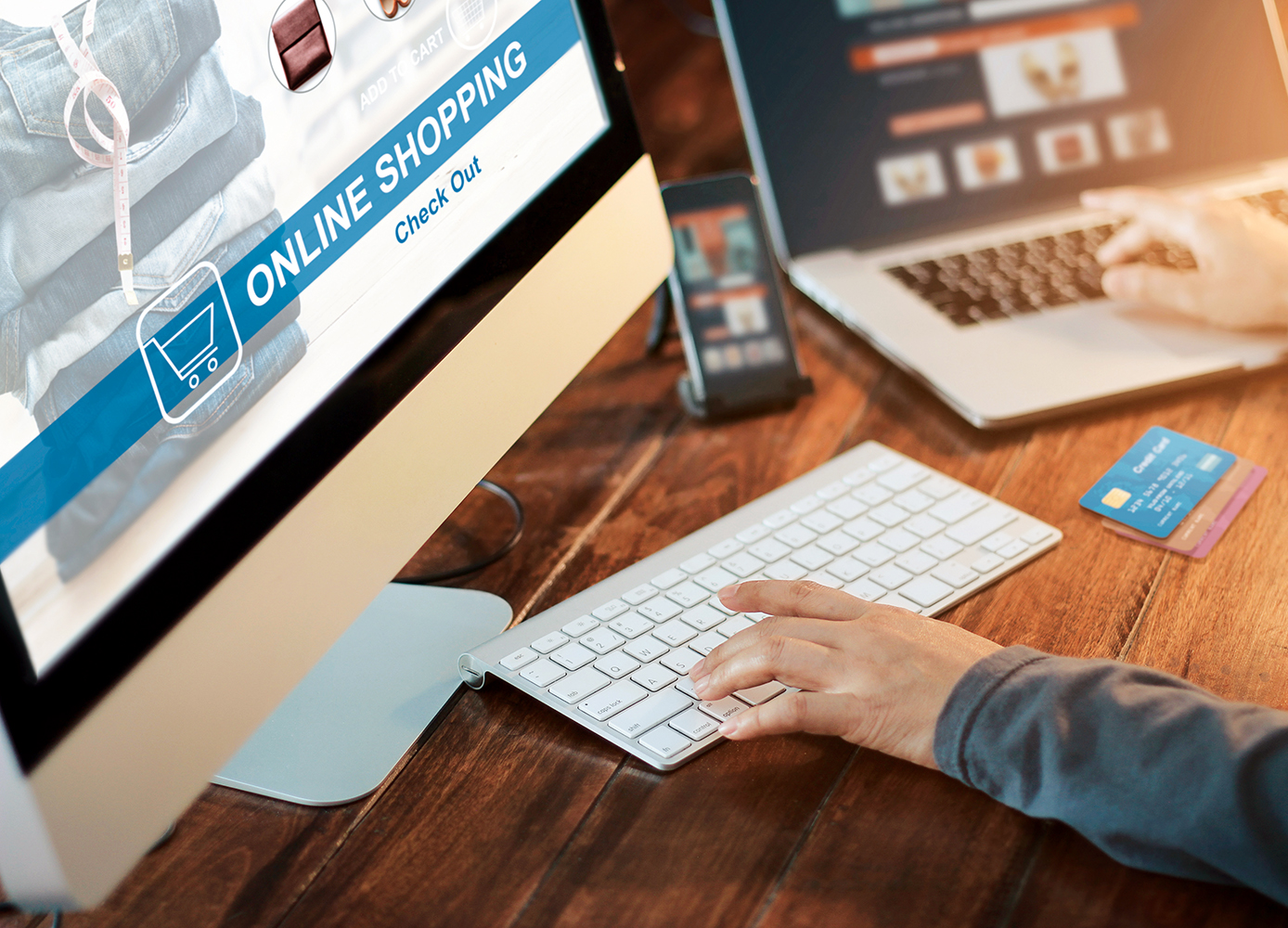Laptop or desktop? Apple or PC? Which computer is right for you depends on what you’ll be using it for
By Katrina Caruso
Your computer is slowing down. You can’t update Firefox because your operating system is several upgrades too old. Facebook freezes. Looks like it’s time for a new computer.
Even if you don’t opt for the equivalent of a Ferrari, computers aren’t inexpensive. You don’t want to pay a lot for more than you need, but on the other hand, you don’t want to save money only to learn in a few months that your new computer won’t do what you need it to. Here’s a list of things to think about before you upgrade.
The first question you should ask yourself is, What do you need the computer to do? You need to decide whether your computer is simply for reading e-mail and checking Facebook or your gateway to high-end computer games and photo editing. The more you want the machine to do, the more power you’ll need—and the more you’ll pay.
1. Types
Do you want a laptop or a desktop? Laptops are great because they can easily be moved around all over your home and beyond, but desktops are often more powerful and they can be cheaper. And you don’t have to charge a desktop. If you like the idea of portability but end up opting for a desktop, you could also consider getting an affordable tablet to supplement your computer.
2. Screens:
If you opt for a laptop, you’ll have the choice—in most cases—between a matte screen and a glossy screen. Matte screens reduce glare and reflections and so are easier on the eye and therefore better for work; glossy screens provide better colour and contrast but can be harder on the eyes.
3. Processors
A processor is essentially what makes the computer fast and allows tasks to be done quickly. The speed of a processor’s chip will tell you how much data the computer can process at a time—the higher the number, the better. Some computers have “multiple-core” processors which can help with multitasking.
4. RAM
RAM—the computer’s system memory—is also connected to a computer’s speed and how much multitasking you can do (that is, how many different apps, browser windows, or documents can be opened at one time). In most cases, the higher the number, the better the computer will function.
5. Hard Drives
The amount of space on a hard-drive determines how much data (documents, photos, videos…) you can store on your computer. You can always get an external hard-drive if your computer doesn’t have a vast amount of space on its hard drive, but it’s better to get something that can hold a lot internally.
6. Peripherals
Every computer will have a slightly different set of “peripherals” such as USB ports, DVD/CD drives (not all laptops have one), HDMI ports (which can allow you to connect the computer to a TV, for example), and more. Again, your needs will determine what you should be looking for.
7. Operating Systems: Mac, Windows, Chromebook
Most people prefer to stick with the operating system (OS) they know. If you’re unsure or looking for a change, Mac is popular for its simple, accessible design, but Apple computers (the only machines that run a Mac OS) are more expensive than PCs, which run Windows. If you need a computer mostly for surfing the web, you might want to look into Chromebook, which can be less expensive than either of the other two.
Photo: iStock/William_Potter.






